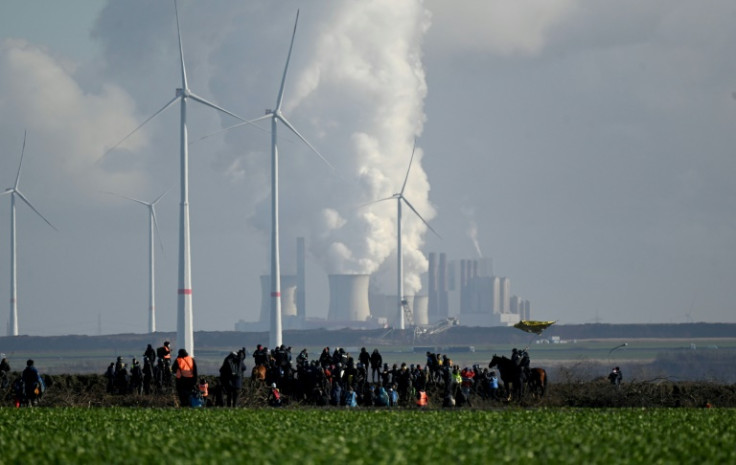Methane Menace: 1,200 Major Leaks from Waste Dumps Pose Grave Environmental Threat
Since 2019, there have been over 1,000 significant releases of the potent greenhouse gas methane from landfill waste sites.

A concerning environmental crisis is unfolding globally as waste dumps release over 1,200 significant methane leaks, exacerbating the already critical issue of greenhouse gas emissions.
This alarming revelation raises serious questions about waste management practices, environmental stewardship and the imperative for urgent action to mitigate the environmental impact of these methane leaks.
Since 2019, there have been over 1,000 significant releases of the potent greenhouse gas methane from landfill waste sites.
Methane, a potent greenhouse gas with over 25 times the warming potential of carbon dioxide over a century, is released during the decomposition of organic waste in landfills.
The scale of the issue has been underscored by the identification of more than 1,200 major methane leaks from waste dumps across the world, contributing substantially to global warming.
Examination of global satellite data reveals that densely populated nations in South Asia, along with Argentina and Spain – developed countries with advanced waste management systems – are identified as hotspots for these super-emitter events.
The environmental consequences of these leaks are far-reaching.
Methane, though shorter-lived in the atmosphere compared to carbon dioxide, is significantly more effective at trapping heat.
This exacerbates the greenhouse effect, leading to an accelerated pace of global warming and climate change.
Landfills, often considered environmental liabilities, have now emerged as significant sources of methane emissions.
The decomposition of organic waste in these dumps, in the absence of proper waste management practices, results in the release of substantial quantities of methane into the atmosphere.
Methane is emitted from landfills as organic waste, including food scraps, wood, cardboard, paper and garden waste, and decomposes without oxygen.
Known as natural gas, methane possesses a heat-trapping capacity 86 times higher than carbon dioxide over 20 years, making it a pivotal focus for climate action.
The escalating emissions from unmanaged landfills pose a significant threat, with projections indicating a potential doubling by 2050, jeopardising efforts to avert climate catastrophe amidst expanding urban populations.
New data reveals a total of 1,256 methane super-emitter events occurring between January 2019 and June 2023.
Pakistan, India and Bangladesh top the list of nations with the most substantial leaks, closely followed by Argentina, Uzbekistan and Spain.
Addressing landfill emissions involves strategies such as reducing organic waste generation, diverting it away from landfills, or capturing released methane.
Taking action to mitigate methane leaks proves effective in slowing global heating, often being a cost-efficient measure, with certain approaches even covering expenses when the captured gas is sold as fuel.
The acceleration of methane emissions since 2007, contributing to one-third of the global heating behind the ongoing climate crisis, has become a cause for concern.
Scientists express alarm over its role as a major threat to maintaining temperatures below the 1.5°C target, potentially triggering catastrophic climate tipping points.
The rapid increase is attributed to global heating amplifying methane production in wetlands, creating a potentially detrimental feedback loop that intensifies the urgency of reducing human-induced methane emissions.
The urgency of addressing methane leaks from waste dumps is underscored by the broader context of climate change and the imperative to limit global temperature rise.
As nations grapple with the challenges posed by extreme weather events, rising sea levels and disruptions to ecosystems, mitigating methane emissions becomes a crucial element in the broader strategy to combat climate change.
International collaboration is key in this effort, as the impact of methane leaks extends beyond national borders.
Sharing best practices, and technological advancements, and investing in sustainable waste management solutions can collectively contribute to curbing the methane menace.
The urgency to address this issue is not just an environmental imperative but a crucial step in the global fight against climate change.
Governments, industries and communities must come together to adopt sustainable waste management practices and turn waste dumps from environmental hazards into sources of clean energy, thus safeguarding the planet for future generations.
© Copyright IBTimes 2025. All rights reserved.






















